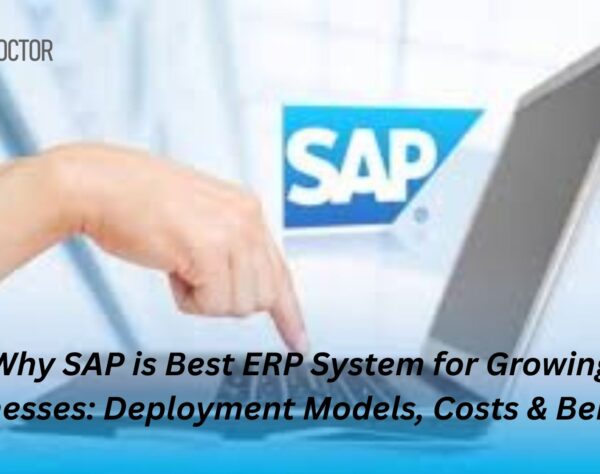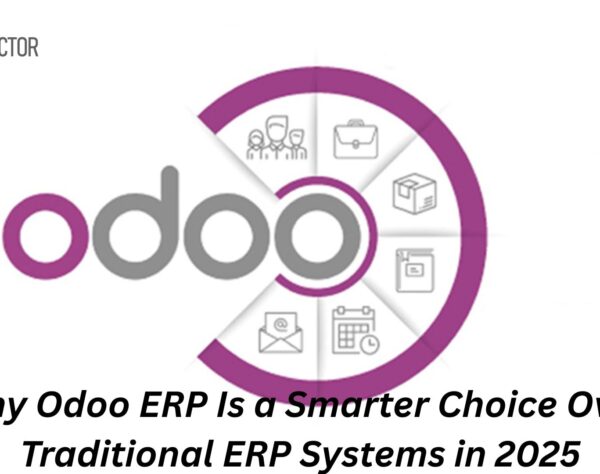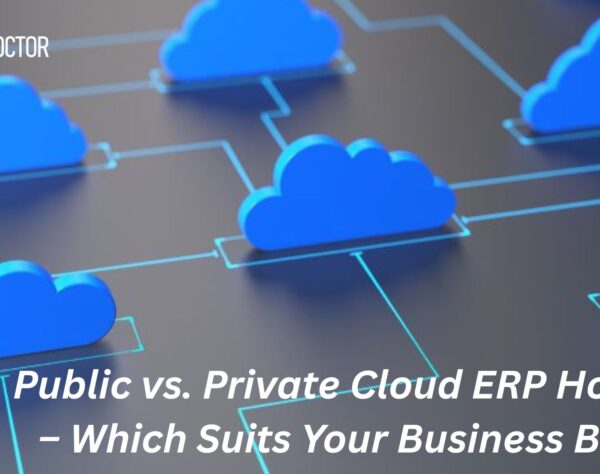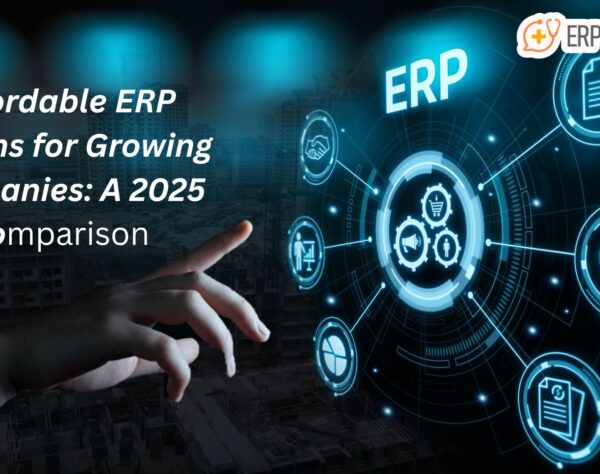ERP Implementation: 5 Myths You Should Stop Believing Before Your Next Project

Top 5 Lies About ERP Systems and Why You Should Ignore Them
ERP (Enterprise Resource Planning) systems are often touted as magical solutions for businesses seeking transformation. Whether it’s promises of instant ROI or the allure of a one-size-fits-all approach, the reality of ERP implementation can be vastly different from the marketing hype. If you’ve ever considered implementing ERP for your business—or if you’re currently in the middle of an ERP journey—you’ve likely encountered these exaggerated claims. Let’s break down the 5 biggest lies people tell you about ERP and how understanding the truth can set you up for a successful implementation.
1. ERP Guarantees Instant Transformation
One of the most common myths about ERP systems is the promise of instant transformation. Vendors often portray ERP as a quick fix that will streamline operations, reduce costs, and dramatically improve efficiency overnight.
The truth? ERP systems do bring significant benefits, but achieving those results takes time and effort. The implementation process can take several months or even years, depending on the complexity of your business and the system you’re adopting. ERP is not a plug-and-play solution—successful adoption requires thoughtful planning, training, and sometimes, significant process changes. Setting realistic expectations upfront is key to avoiding disappointment.
2. ERP is a One-Size-Fits-All Solution
Another common misconception is that ERP is a universal solution that can be applied to any business without modification. The idea of a “one-size-fits-all” ERP system is tempting because it promises simplicity and quick deployment.
The truth? ERP systems are highly customizable to fit a business’s specific needs, processes, and workflows. While some off-the-shelf ERP solutions may work for certain industries, most businesses need tailored customization. For example, a manufacturing company’s ERP system will look very different from that of a retail business. Customizing your ERP system to match your unique business processes is often essential for success.
3. ERP Systems Lead to Guaranteed Cost Savings
Many ERP vendors promise immediate and substantial cost savings. They claim that ERP will reduce operational costs, improve resource allocation, and boost profitability right out of the gate.
The truth? While ERP systems can lead to cost savings over time, the initial investment can be substantial. This includes licensing fees, consulting costs, system customization, training, and potential disruption during the transition period. It may take time before the long-term cost benefits become apparent. Businesses must carefully evaluate the total cost of ownership (TCO) and plan accordingly to avoid surprises.
4. ERP Automatically Solves All Business Problems
ERP systems are often marketed as problem solvers that will automatically fix inefficiencies and streamline business operations. The idea is that once the ERP system is in place, all your problems will vanish.
The truth? ERP systems can enhance processes and improve efficiency, but they don’t automatically fix everything. They are powerful tools that require active management, user engagement, and alignment with business objectives. An ERP system can only solve problems that are well-defined and supported by accurate data. It’s important to remember that ERP is not a magic bullet—it’s a tool that requires continuous improvement and oversight.
5. ERP Will Eliminate All Manual Work
One of the biggest draws of an ERP system is the promise of automation—eliminating repetitive, manual tasks that eat up valuable employee time. It’s easy to assume that ERP will automate every process within the business, from inventory management to customer service.
The truth? While ERP systems do automate many tasks, not all processes are fully automated. Some tasks will still require human oversight, especially in areas where exceptions occur or judgment is needed. The extent of automation depends on the ERP system’s capabilities and the complexity of the business processes. In some cases, manual intervention may still be necessary, even with an advanced ERP system in place.
6. ERP Systems Provide Complete Automation of All Business Processes
Vendors often advertise that ERP will lead to complete automation of business processes, implying that once the system is set up, no human involvement will be necessary.
The truth? ERP systems can automate a significant portion of your operations, but they are not fully autonomous. Human oversight is often required for managing exceptions, troubleshooting, and making decisions that cannot be fully automated. Additionally, businesses may still need to integrate external tools or systems for processes that ERP does not cover.
The Key to Successful ERP Implementation: Setting Realistic Expectations
The truth about ERP is that it’s a powerful tool for business transformation, but it’s not without its challenges. By debunking these common myths, businesses can approach ERP implementation with a clearer understanding of what to expect. To ensure success, focus on realistic goals, proper customization, and a thoughtful implementation strategy.
ERP is not a quick fix or a one-size-fits-all solution, but when used correctly, it can significantly improve business operations and provide long-term value.
Don’t Fall for ERP Myths
Whether you’re just starting your ERP journey or are in the midst of an implementation, it’s essential to recognize the myths and misconceptions that often surround these systems. By understanding the realities of ERP, you can set your business up for a smoother transition and maximize the return on your investment. Focus on customization, patience, and realistic expectations to make ERP work for your unique needs.
Visit ERP Doctor for Expert ERP Solutions and Support
Want to speak to an expert? Fill in the form below, and we will be in touch with you shortly!







